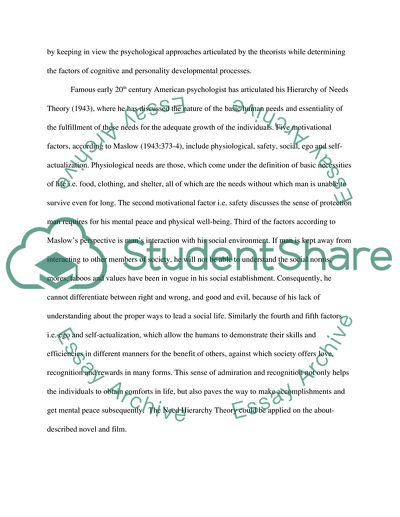Cite this document
(“ROOM by Emma Donoghue - socialization and affects on development Essay”, n.d.)
ROOM by Emma Donoghue - socialization and affects on development Essay. Retrieved from https://studentshare.org/education/1626102-room-by-emma-donoghue-socialization-and-affects-on-development
ROOM by Emma Donoghue - socialization and affects on development Essay. Retrieved from https://studentshare.org/education/1626102-room-by-emma-donoghue-socialization-and-affects-on-development
(ROOM by Emma Donoghue - Socialization and Affects on Development Essay)
ROOM by Emma Donoghue - Socialization and Affects on Development Essay. https://studentshare.org/education/1626102-room-by-emma-donoghue-socialization-and-affects-on-development.
ROOM by Emma Donoghue - Socialization and Affects on Development Essay. https://studentshare.org/education/1626102-room-by-emma-donoghue-socialization-and-affects-on-development.
“ROOM by Emma Donoghue - Socialization and Affects on Development Essay”, n.d. https://studentshare.org/education/1626102-room-by-emma-donoghue-socialization-and-affects-on-development.


